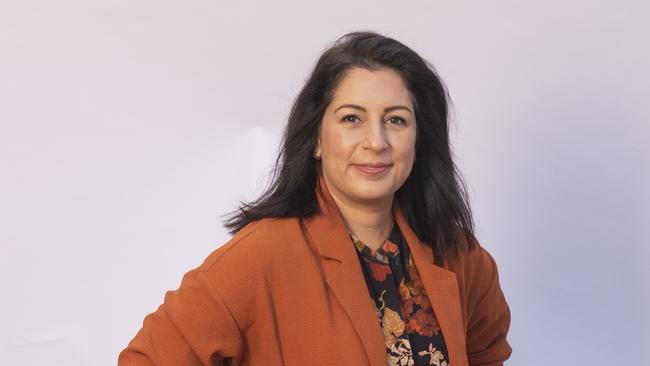Monash University’s Kelly-Ann Allen investigates the power of belonging
Monash University’s Kelly-Ann Allen investigates the power of belonging and the influence it has on our lives.

Like many of Australia’s most highly cited researchers, educational and developmental psychologist Dr Kelly-Ann Allen is a scholar of many parts.
She is named in The Australian’s 2021 Research magazine as Australia’s top researcher in the broad field of religion.
And while she has collaboratively publishing on subjects such as the relationship between spiritual wellbeing and hope in patients with cardiovascular disease; religious coping and self-care behaviours in Iranian medical students; and the mediating role of hope, religiosity, and life satisfaction in older adults, there is another broad category in which Allen is making a significant contribution: belonging.
This interest was piqued by two experiences about 10 years ago, when she was working as a school psychologist in Melbourne. She heard the esteemed organisational and social psychologist Alex Haslam speak “about how belonging to multiple groups has important implications for mental health, wellbeing, and physical health – including being a predictor of stroke recovery,” Allen says.
She was also powerfully affected by a chance encounter while training to walk the Kokoda Track, nightly tracing and retracing a course around her neighbourhood. Gradually she realised her route regularly took her past a woman living in a car. When she plucked up the courage to have a conversation it transpired the woman had chosen that spot to park her car because it was near the school she had attended as a girl.
“She was the most articulate, intelligent woman, who had fled from domestic violence. She had decided to come back and stay in her car around the corner from where she went to school – and she talked about school being a place where she felt safe, where she belonged even though it was 20 years since she had graduated.
“So that was another prompt for me to think about school belonging – what was it about a school that could hook somebody in so strongly?”
These were questions she addressed in her doctoral research while at the University of Melbourne. “The most powerful factor was the student-teacher relationship, but the personal characteristics of students, like coping skills, self efficacy, and other social and emotional competencies were hugely important for their sense of belonging to school.”
Allen is now a senior lecturer in the school of educational psychology and counselling in Monash University’s education faculty. She recently led the development of a free, ready-to-use policy for schools, assisted by 72 contributors and multiple partners including industry funders. “I am particularly interested in research translation and making sure that people who need to hear the results of a study actually receive the findings in a useful way,” she says.
Her latest research is an international study involving 1000 students in seven countries, focused on student perspectives. “How do they define belonging, what it means for them.”
Preliminary findings reinforce the primacy of the student-teacher relationship. “Teachers being approachable and allowing students to have a say over their learning came out as really important, and teachers knowing students and being able to connect with them. The students in the study really wanted their teachers to notice when they weren’t travelling well.”
-




To join the conversation, please log in. Don't have an account? Register
Join the conversation, you are commenting as Logout